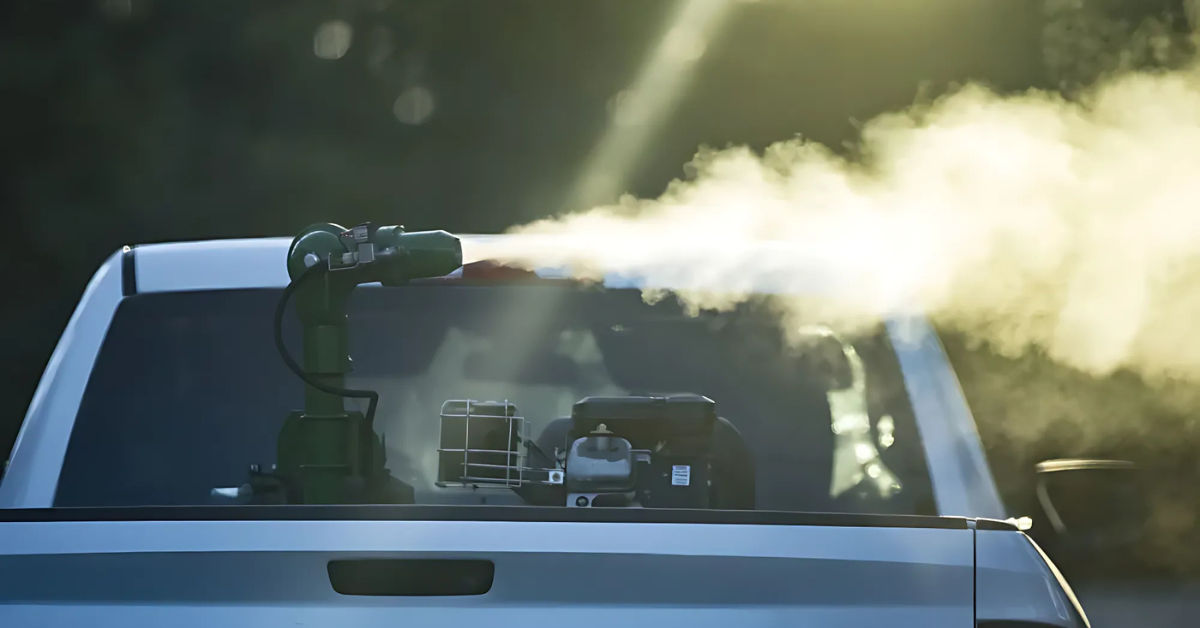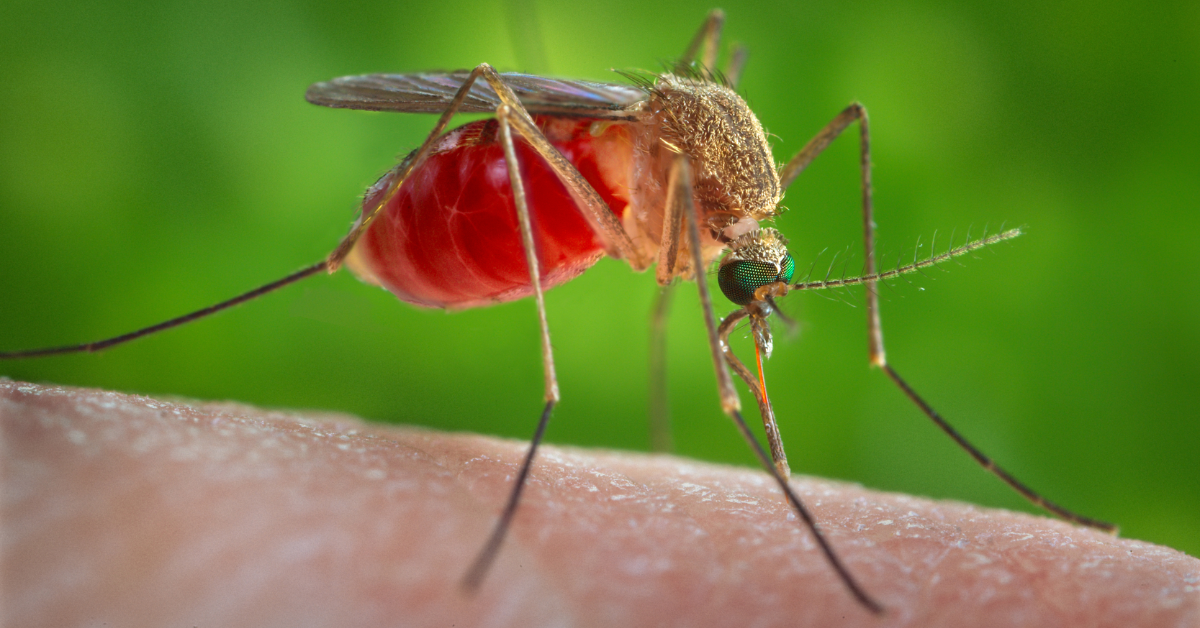Broward County, FL – In an effort to curb the growing mosquito population and help reduce the spread of mosquito-borne illnesses, the Broward County Mosquito Control Division has announced that it will conduct aerial spraying operations over specific areas in four South Florida cities. The aerial spraying is scheduled for the early morning hours, beginning shortly after midnight, and is dependent on favourable weather conditions.
The scheduled operation will target mosquito-prone neighbourhoods within Cooper City, Davie, Fort Lauderdale, and Lauderhill.
Targeted Aerial Spraying for Mosquito Control
According to county officials, the aerial treatment is part of a routine public health measure intended to tackle the increasing number of mosquitoes following recent rainfall and warm temperatures. These environmental conditions are ideal breeding grounds for mosquitoes, especially species known to carry viruses such as West Nile, Zika, and dengue.
The aerial spraying will involve the application of a U.S. Environmental Protection Agency (EPA)-registered larvicide and adulticide, which are considered safe for people, pets, and the environment when used as directed.
Residents in the affected areas are encouraged to stay indoors during the spraying hours as a precaution, although no adverse health impacts are expected. Windows and doors should be closed, and outdoor items such as toys, pet dishes, and laundry should be brought inside or covered.
Details of the Spraying Operation
The operation is expected to commence shortly after midnight and conclude by 6 a.m. on the day of spraying. The exact date will be announced 24 hours in advance, depending on weather and wind conditions.
Broward County uses aerial spraying methods only when necessary and considers it an effective tool for widespread mosquito control. Ground-based spraying and larvicide treatments in stagnant water are used more routinely; however, aerial spraying is reserved for larger infestations that pose a greater public health risk.
This latest measure is seen as a proactive intervention as mosquito activity has shown a noticeable uptick across the county.
Why Mosquito Control Matters
Mosquitoes are more than just a nuisance; they are known vectors for transmitting serious diseases such as West Nile virus, chikungunya, Zika virus, and dengue fever. In recent years, South Florida has faced increasing challenges controlling outbreak levels, prompting local and state health officials to implement rigorous monitoring and control programs.
According to the [Florida Department of Health](Florida Department of Health), there have already been reported cases of mosquito-borne illnesses in the state this year, which heightens the urgency for effective control methods.
Broward County adds that the aerial operation will particularly focus on eliminating adult mosquitoes that are active during dawn and dusk hours, as well as targeting mosquito larvae in standing water where breeding takes place.
What Residents Should Know
Residents in Cooper City, Davie, Fort Lauderdale, and Lauderhill should expect low-flying aircraft during the operation. These aircraft dispense ultra-low volume treatments — a technique that disperses insecticide in fine droplets — to reach mosquitoes in dense bushes or hard-to-access areas effectively.
Officials are advising residents to observe the following precautions:
– Stay indoors during spraying times.
– Keep windows and doors closed.
– Cover or bring in outdoor items such as toys, pet food, and water dishes.
– If you have health conditions that make you sensitive to chemicals, consider consulting with your healthcare provider beforehand.
The chemicals used, including pyrethroids and insect growth regulators, have been extensively studied and are approved.
Ongoing Community Efforts
Broward County’s Mosquito Control Division conducts year-round surveillance and treatment using both ground and aerial methods. Crews routinely inspect known mosquito habitats such as swales, ponds, and storm drains for larvae. They also respond to service requests from residents.
In parallel to aerial spraying, the county encourages people to be proactive in their own mosquito prevention efforts. This includes eliminating standing water in places such as flowerpots, birdbaths, gutters, and buckets — all of which are potential breeding grounds.
According to the county health department, mosquito eggs can hatch in as little as 24 to 48 hours under ideal conditions.
To request a mosquito inspection or learn more about prevention methods, residents can call the Mosquito Control Division at 954-765-4062 or submit a service request online through Ensuring Public Safety
Public health and safety remain the top priorities for Broward County officials. Every decision involving mosquito control is guided by ongoing surveillance data, environmental conditions, and coordination with health agencies.
While the aerial spraying plan is designed to reduce mosquito populations quickly, officials say this is just one part of a comprehensive mosquito control strategy. Public cooperation continues to play a crucial role, and residents are urged to do their part in preventing mosquito-breeding by following the “Drain and Cover” protocol.
With high temperatures and rain expected to continue into the coming weeks, county officials are prepared to adjust future control measures as needed to protect residents’ health and comfort.





